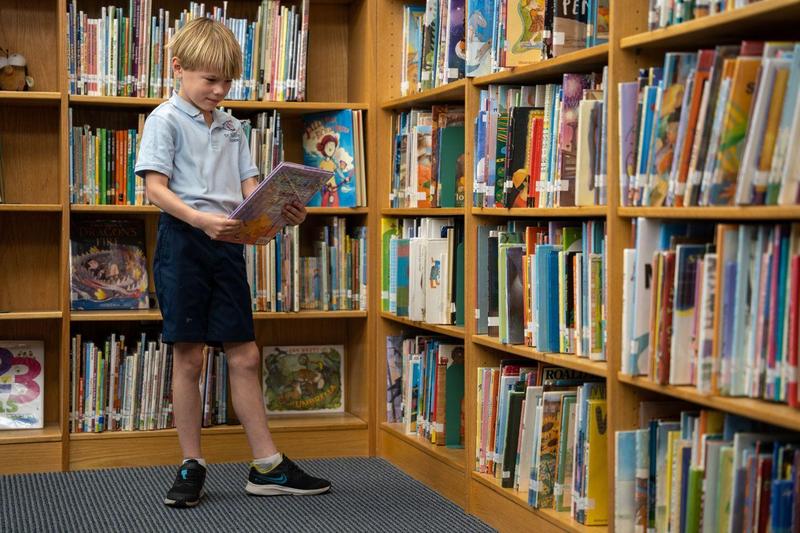Copyright © 2024. St. Timothy’s School. All Rights Reserved. St. Timothy’s School admits students of any race, color, national and ethnic origin to all of the rights, privileges, programs, and activities generally accorded or made available to students at the school. It does not discriminate on the basis of race, color, national and ethnic origin in administration of its educational policies, admissions policies, financial aid programs, and athletic and other school-administered programs.


